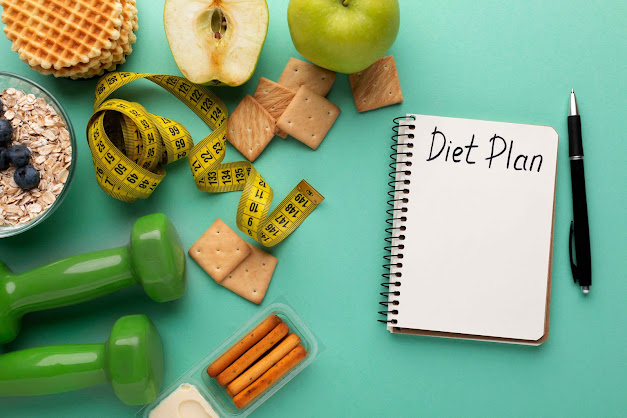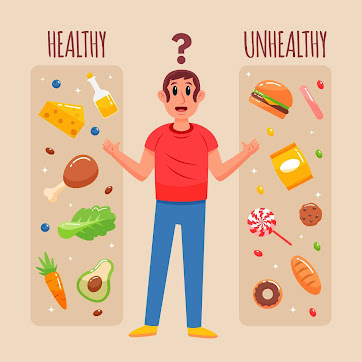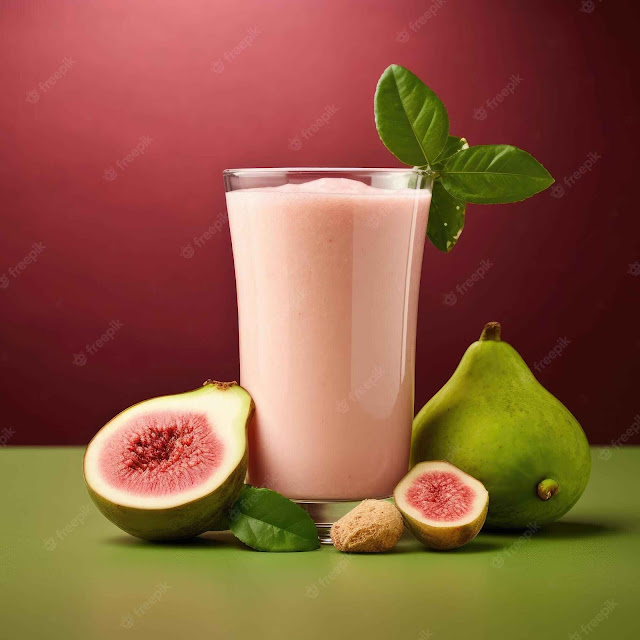13 Best Diets for Fast Weight Loss

Losing weight is a challenging and daunting task for many individuals, especially those who want to lose weight quickly. There are numerous diet plans available that promise fast weight loss, but not all of them are safe or effective in the long run. Not all diets are equal; some of them may be more effective. Here are 13 diets that are effective for fast weight loss, along with some information about how they work and their potential benefits and drawbacks:

This is a high-fat, low-carbohydrate diet that aims to put the body in a state of ketosis, in which it burns fat for energy instead of glucose. This can lead to rapid weight loss, but the diet can be difficult to sustain over the long term and may be hard on the kidneys and liver.
2. The Atkins diet:
Similar to the ketogenic diet, this low-carbohydrate diet focuses on protein and fat as the main sources of energy. It is effective for weight loss, but may not be ideal for people with certain medical conditions.
3. The Zone diet:
This diet aims to balance protein, carbohydrates, and fat in specific ratios to promote weight loss and improve overall health. While it can be effective, it may be difficult to stick to long-term.

4. The South Beach diet:
This low-carbohydrate diet focuses on healthy fats and lean protein and may help people lose weight quickly. However, it may be challenging to follow, and some people may experience side effects like bad breath and constipation.
5. The Paleo diet:
This diet aims to mimic the eating habits of our ancient ancestors, emphasizing whole foods like meat, fish, vegetables, and fruits while avoiding processed foods, grains, and dairy. It can be effective for weight loss but may be difficult to sustain over the long term.
6. The Whole30 diet:
This 30-day program aims to eliminate common inflammatory foods like sugar, grains, dairy, and alcohol and focuses on whole, nutrient-dense foods. It can be effective for jump-starting weight loss, but may be challenging to follow and may not be sustainable over the long term.
7. The Mediterranean diet:
This eating pattern is based on the traditional cuisine of countries like Greece and Italy, emphasizing whole foods like fruits, vegetables, whole grains, and healthy fats like olive oil and nuts. It is effective for weight loss, but may not be as quick as some other diets.
8. The DASH diet:
This diet was originally designed to help lower blood pressure, but it has also been shown to be effective for weight loss. It emphasizes whole, nutrient-dense foods like fruits, vegetables, whole grains, lean protein, and low-fat dairy.
9. The vegan diet:
A vegan diet does not include all animal products but it includes meat, dairy, and eggs. It can be effective for weight loss but may require careful planning to ensure that all necessary nutrients are obtained.
10. The vegetarian diet:
Like a vegan diet, a vegetarian diet excludes meat but may include dairy and eggs. It can be effective for weight loss, but again, careful planning is necessary to ensure adequate nutrient intake.
11. The low-fat diet:
This diet focuses on reducing fat intake, which can lead to weight loss. However, it may not be as effective as some other diets and may be difficult to stick to over the long term.
12. The low-carbohydrate diet:
This diet limits carbohydrate intake, which can lead to rapid weight loss. However, it may be difficult to stick to over the long term and may not be suitable for everyone.
13. Intermittent fasting:
Intermittent fasting involves irregular periods of eating and fasting. It can be effective for weight loss, but may not be sustainable over the long term and may not be suitable for everyone.

Tips
Here are some tips to help you lose weight quickly and effectively with the diets mentioned above:
- Set realistic goals: It's important to set achievable goals for yourself when trying to lose weight. Don't expect to lose 10 pounds in a week, as that is not sustainable or healthy.
- Track your progress: Keep track of your weight loss progress by taking measurements or weighing yourself regularly. This helps you to stay motivated and see the results of your work.
- Stay hydrated: Drink plenty of water to help keep your body hydrated and flush out toxins. This can also help keep you feeling full and reduce cravings.
- Exercise regularly: Incorporate regular exercise into your routine to help boost weight loss and improve overall health. Even small amounts of exercise, like taking a brisk walk, can be beneficial.
- Eat nutrient-dense foods: Focus on eating whole, nutrient-dense foods like fruits, vegetables, lean protein, and healthy fats. These foods can help keep you feeling satisfied while providing your body the required nutrients.
- Be mindful of portion sizes: Even if you're eating healthy foods, eating too much can still lead to weight gain. Be mindful of portion sizes and consider using measuring cups or a food scale to help keep your portions in check.
- Get enough sleep: Adequate sleep is important for overall health and can also help support weight loss efforts. Aim for 7-9 hours of sleep per night to help keep your body functioning at its best.
- Seek support: Consider joining a support group or working with a dietitian or personal trainer to help keep you accountable and motivated in your weight loss efforts. A support system can make all the difference in achieving your aim.











You are doing great job
ReplyDelete